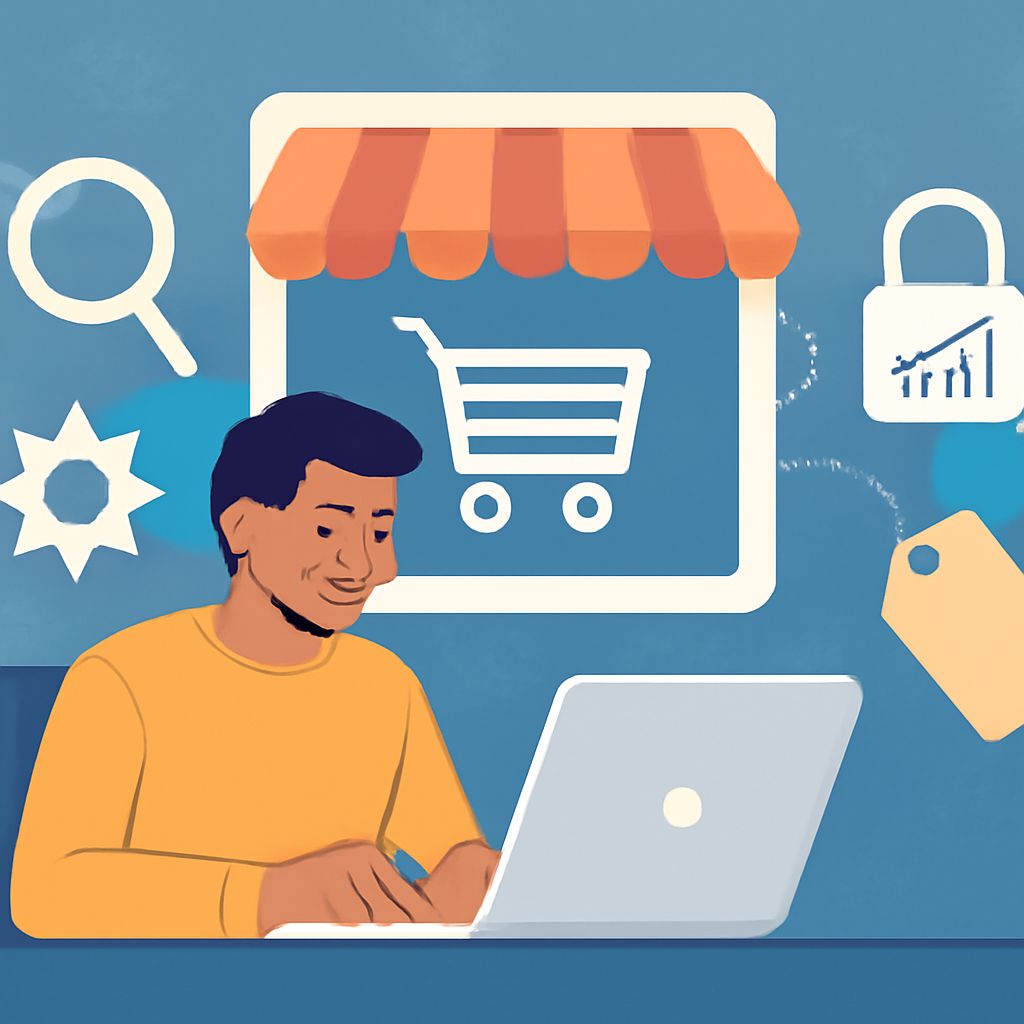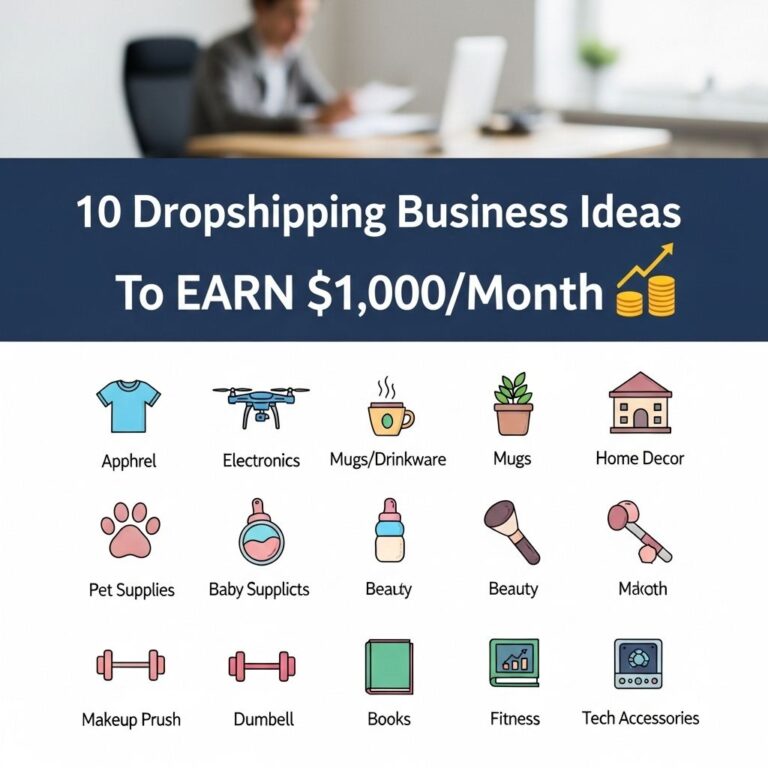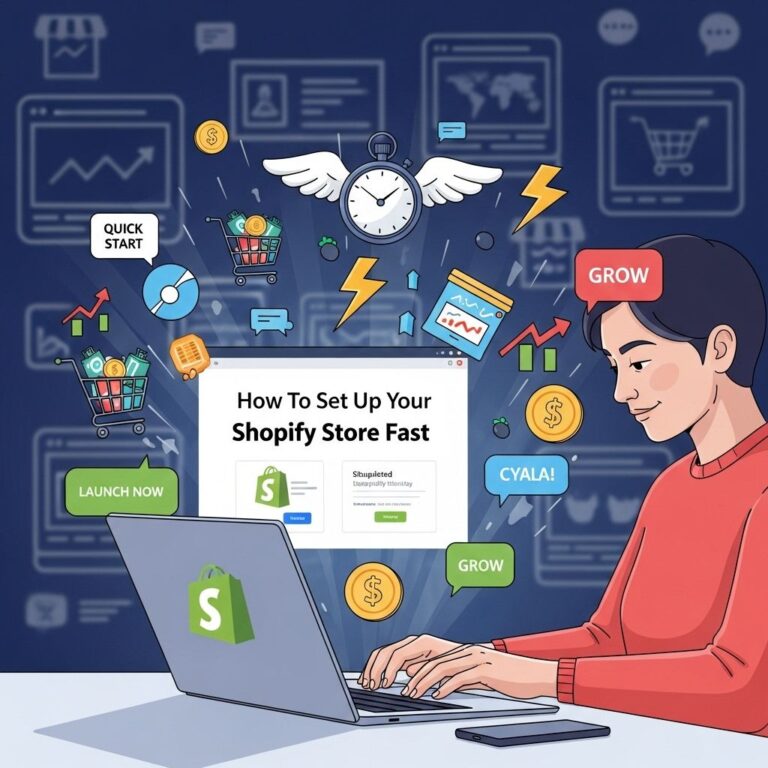Table of Contents
Introduction
E-commerce has reshaped the landscape of business, offering vast opportunities for digital entrepreneurs. However, achieving success in this realm requires insight, strategy, and execution. This article delves into insider tips that can help you harness the full potential of your e-commerce venture. From understanding your market to optimizing your online store, each step is crucial in staying competitive in the digital world.
Understanding Your Market
One of the foundational steps in building a successful e-commerce business is understanding your target market. Research is key—identify who your customers are, their preferences, and pain points. Utilize tools like Google Analytics, customer surveys, and social media insights to gather meaningful data that can inform your business strategy.
- Know your audience demographics: Break down your audience by age, gender, location, and interests to tailor your marketing efforts.
- Understand purchasing behaviors: Analyse data on when, how, and why your customers make purchases. This can help you optimize timing for promotions and discounts.”
- Identify market trends and demands: Stay ahead by monitoring trends in your industry and adapting your offerings accordingly.
Crafting a Unique Value Proposition
Understanding your market allows you to hone your unique value proposition (UVP). This is what sets your business apart from competitors and should be clearly communicated across all customer touchpoints. A strong UVP highlights the distinct benefits and value your products or services offer, compelling potential customers to choose you over others.
Consider storytelling as a tool to convey your brand’s UVP effectively. Share the journey of your brand, its mission, and how it addresses customer pain points in a unique manner.
Steps to Develop a Strong UVP
- Identify core strengths: Reflect on what your brand does best and why it matters to your audience.
- Create a compelling narrative: Use storytelling to create emotional connections with your audience.
- Consistent messaging: Ensure your UVP is consistently highlighted across marketing channels, from your website to email campaigns.
Optimizing Your Online Store
Your online store is the heart of your e-commerce business. Ensuring it is user-friendly, secure, and mobile-optimized is just the beginning. A well-designed store not only attracts visitors but also keeps them engaged and increases the likelihood of conversions.
- Develop a seamless navigation system: A simple, intuitive navigation layout allows users to find products easily, reducing drop-offs.
- Incorporate secure payment gateways: Security is non-negotiable. Use trusted gateways like PayPal and Stripe to build customer confidence.
- Optimize for mobile responsiveness: With an increasing number of consumers shopping on their phones, a mobile-friendly site is essential.
- Utilize high-quality images and detailed product descriptions: Use professional images and thorough descriptions to help customers make informed purchasing decisions.
- Implement customer reviews and ratings: Encourage customers to leave reviews to build trust and improve product credibility.
The Significance of User Experience
Prioritizing user experience is pivotal. From smooth navigation to quick loading times, every click matters. Tools like A/B testing and heatmaps can provide insights into your site’s performance and identify areas needing improvement.
Effective Digital Marketing Strategies
Digital marketing is crucial for driving traffic and conversions. Implement a mix of strategies such as SEO, social media marketing, and email campaigns to engage and grow your audience. The key is to diversify your efforts while maintaining a coherent brand message.
- SEO Optimization: Use keywords strategically to improve your search engine ranking and visibility.
- Social Media Engagement: Platforms like Instagram and Facebook are ideal for reaching out to potential customers and humanizing your brand.
- Email Marketing: Build and utilize an email list to send personalized offers and updates to your customers.
- Content Marketing: Create valuable content that resonates with your audience, driving engagement and conversions.
Building Long-term Customer Relationships
Focus on creating value through customer relationships, nurturing loyalty through personalized experiences and tailored interactions.
- Loyalty Programs: Offer exclusive deals and rewards to repeat customers to maintain engagement.
- Customer Feedback: Actively seek and act upon customer feedback to show that their opinions are valued.
FAQ
What are the essential tools for e-commerce success?
Key tools include e-commerce platforms like Shopify or WooCommerce. These platforms offer comprehensive features for setting up, maintaining, and scaling your online store. Additionally, using SEO tools such as Ahrefs helps in optimizing your site for search engines, while analytics tools like Google Analytics provide valuable insights into customer behavior and overall store performance, assisting in informed decision-making.
How important is customer service in e-commerce?
Customer service is critical. Exceptional support can lead to repeat business, referrals, and positive reviews. Your response time and the quality of your service can directly impact customer satisfaction and loyalty. Implementing multi-channel support options, including live chat, email, and a comprehensive FAQ section, ensures customers can easily access help when needed.
Should I invest in paid advertising?
Yes, investing in PPC campaigns can yield significant returns if managed properly. Focus on targeting and budget control for optimal results. Platforms like Google Ads and Facebook Ads allow you to reach a highly specific audience, increasing the likelihood of converting clicks into customer actions. It’s essential to continuously monitor and tweak campaigns based on performance data to maximize ROI.
How can I measure the success of my e-commerce strategies?
Use Key Performance Indicators (KPIs) such as conversion rate, average order value, and customer lifetime value to measure success. Regularly reviewing these metrics can help you identify areas of strength and opportunities for improvement.
What role does content play in my e-commerce success?
Content is a powerful tool for attracting and retaining customers. Engaging content showcases your brand’s expertise and establishes trust. This includes blogging about industry trends, producing video tutorials, or sharing customer success stories to build rapport and demonstrate value.
Conclusion
Success in e-commerce is the result of a well-rounded strategy encompassing market understanding, a strong value proposition, an optimized online store, and effective digital marketing. By leveraging these insights, digital entrepreneurs can unlock the full potential of their e-commerce ventures, navigating the competitive digital marketplace with confidence and agility.









